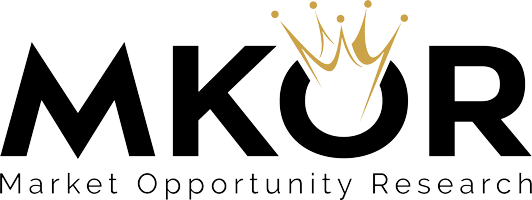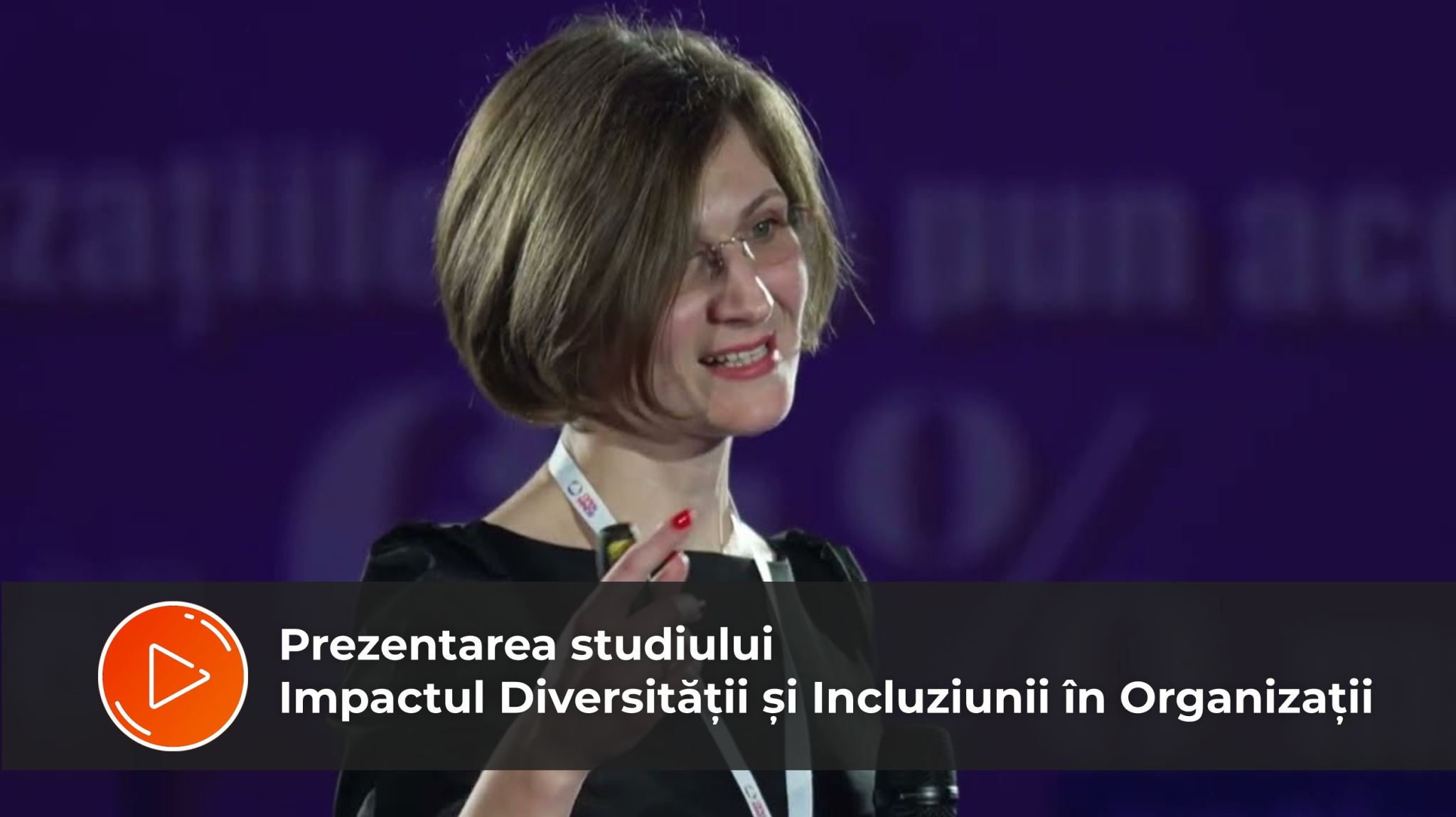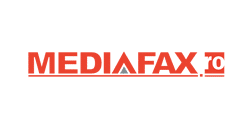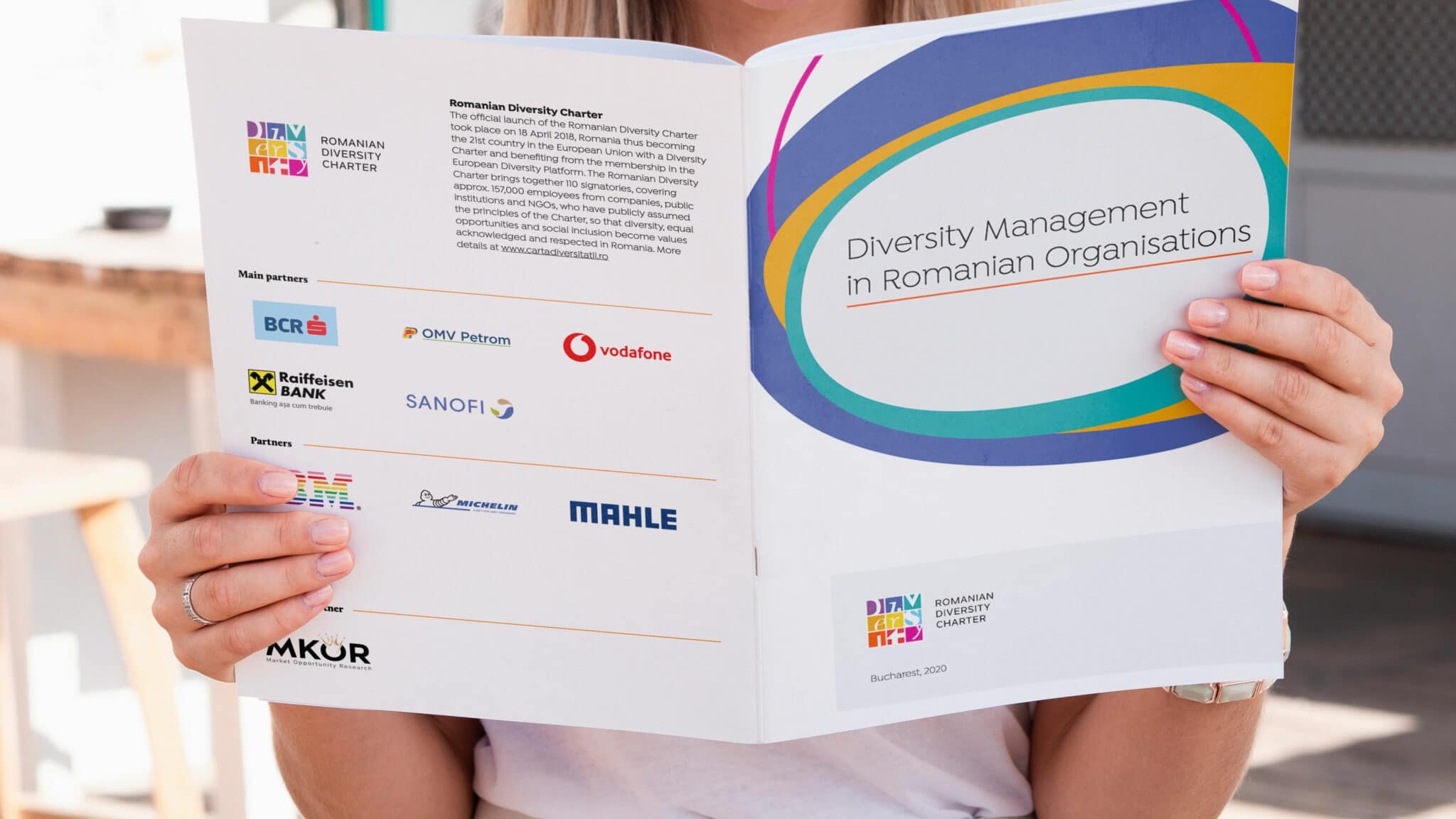Between April and May 2023, MKOR conducted the study “Diversity and Inclusion in Romanian Organizations from the Perspective of Employees.”
The study aimed to uncover the extent to which Romanian organizations adopt the principles of Diversity and Inclusion, as well as the ways in which these are approached.
This year’s research is a continuation of the studies published in 2020 and 2021, alongside the Romanian Diversity Charter.
The first study analyzed inclusion and diversity from the employees’ perspective, and the second one also from the perspective of the employees.
The Romanian Diversity Charter aims to promote diversity, non-discrimination, and equal opportunities in the workplace. By now, in Romania, over 190 signatories to the Diversity Charter have committed to supporting, protecting, and developing diversity within their own organizations.
I observe that, thanks to technology, the world is changing at an accelerated pace. And in this context, diversity and inclusion in the workplace are gaining increasing importance.
More and more organizations are realizing that diversity and inclusion are not just nice theoretical concepts, but they are a ‘must have’ if they wish to become more competitive in the market and to attract well-prepared human resources.
I believe that people are the foundation of any business because we can achieve nothing without them. Identifying, exploring, and valuing the potential of every team member is the key to success in any business.
At MKOR, the educational and professional background of our team of consultants (including external ones) is extremely diverse, which allows us to have a unique approach and to offer personalized solutions, tailored to every project.
Cori Cimpoca – MKOR Founder
Key Findings of the MKOR Study on Diversity and Inclusion in Romanian Organizations from Employees’ Perspective
Diversity and inclusion objectives in the workplace are still at an embryonic stage in Romania. However, there is a visible concern at the management level to ensure diversity and inclusion, a concern that is also shared by employees.
Employees want to work in an environment where everyone is valued, regardless of age, gender, disability, sexual orientation, or ethnic background.
Diversity is associated by employees with the acceptance of all people, regardless of their personal characteristics: gender, age, religion, ethnicity, sexual orientation, or social status. Moreover, equality of opportunity, respect, and appreciation are essential for fostering an inclusive culture in which everyone can contribute and grow.
Key results of this year’s MKOR study include:
- There’s a substantial ethnic diversity among employees: 81% of respondents say they have at least one colleague from an ethnic minority, while 8% identify themselves as belonging to an ethnic minority.
- 44% of respondents (which is 5% more than in 2021) have experienced personal or witnessed discriminatory situations at work, especially among women and the youth.
- 37% of employees believe that preconceptions limit the acceptance of diversity in the workplace.
- The main perceived benefits of diversity and inclusion are the reduction of conflicts among employees and the improvement of internal communication.
- In terms of concrete actions for diversity and inclusion assurance, 34% of employees state that their company does not yet take any particular measures in this area.
Diversity and Inclusion in the Context of Domestic Organizational Structure
From the perspective of employees, diversity and inclusion mean:
- Acceptance – accepting and treating each person according to their abilities;
- Respect and appreciation – recognizing, valuing, and validating the different perspectives and experiences that make each one of us unique;
- Non-discrimination and diversity – feeling like part of the team, without being discriminated against in any way;
- Equal opportunity – effective equal opportunities based solely on merit and, if necessary, positive action measures without any discrimination or prejudice.
The majority of employees believe they work in a diverse and inclusive environment:
- Employees from large companies feel to a greater extent that they work in an inclusive environment, where their voice is heard;
- Employees from micro-enterprises are more attached to the organization and feel more respected and appreciated both personally and professionally;
- Organizational commitment is above average among those who work in public institutions;
- Employees from micro-enterprises feel more encouraged to develop professionally compared to those from corporations and the public sector.
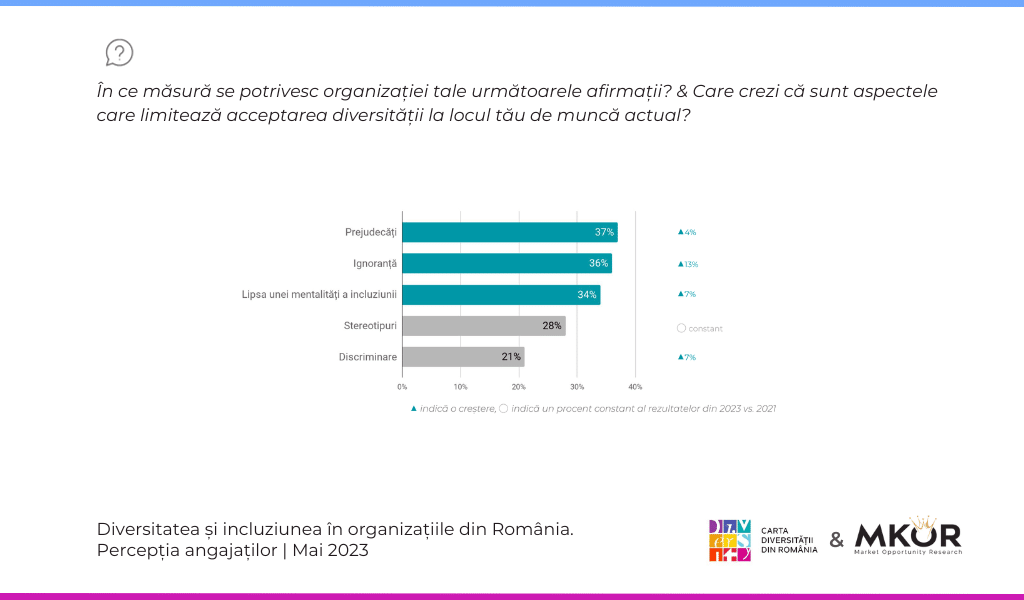
Full Access: Download the report "Diversity and Inclusion in Romanian Organizations in 2023 - Employee Perspective" – and discover the study's results for free.
On the other hand, employees acknowledge that there are barriers to ensuring diversity and inclusion within organizations, such as prejudices, ignorance, a lack of an inclusive mindset, stereotypes, and discrimination.
Barriers to diversity and inclusion are more often felt by women, the youth, and those in execution-level roles. These barriers are more frequently encountered within large companies and public sector organizations. Additionally, employees under 40, women, and those identifying with vulnerable groups report feeling the impact of prejudices more acutely.
In 2023, an increasing number of employees view prejudices (37%) and ignorance (36%) as the most significant limitations in the path to ensuring workplace diversity.
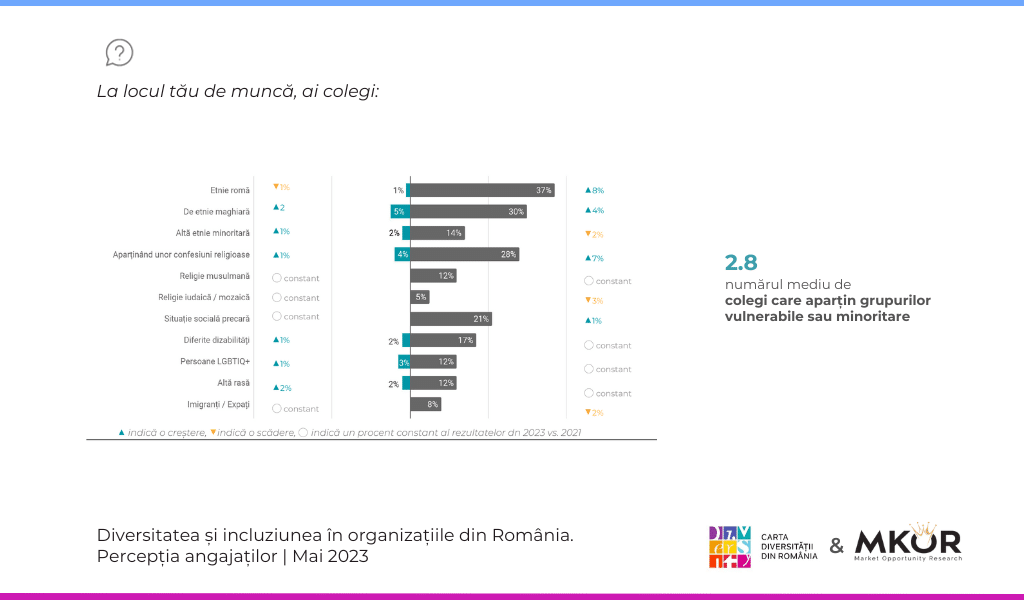
Full Access: Download the report "Diversity and Inclusion in Romanian Organizations in 2023 - Employee Perspective" – and discover the study's results for free.
Furthermore, employees identify a series of barriers to ensuring diversity and inclusion within organizations, such as prejudices, ignorance, the absence of an inclusive mentality, stereotypes, and discrimination.
The barriers to diversity and inclusion are more frequently encountered by women, young individuals, and those occupying execution-level positions. These obstacles are commonly found within larger companies and the public sector. In addition, employees up to 40 years of age, women, and those belonging to vulnerable or minority groups feel a stronger impact from prejudices.
In 2023, a greater number of employees consider that prejudices (37%) and ignorance (36%) represent the most significant obstacles in achieving workplace diversity and inclusion.
1. Discrimination in the Workplace
44% of respondents (an increase of 5% from 2021) have experienced or witnessed discrimination at work. Women, younger employees, members of vulnerable or minority groups, and those in execution-level roles or within the public sector are more likely to encounter discrimination. Our study revealed the most frequent types of discrimination incidents were:
- Negative comments about the person discriminated against – 14%;
- Derogatory jokes – 12%;
- Negative comments about dress style – 10%;
- Exclusion from organization events – 7%;
- Recommendations for a lower position, inferior in the organizational hierarchy – 5%.
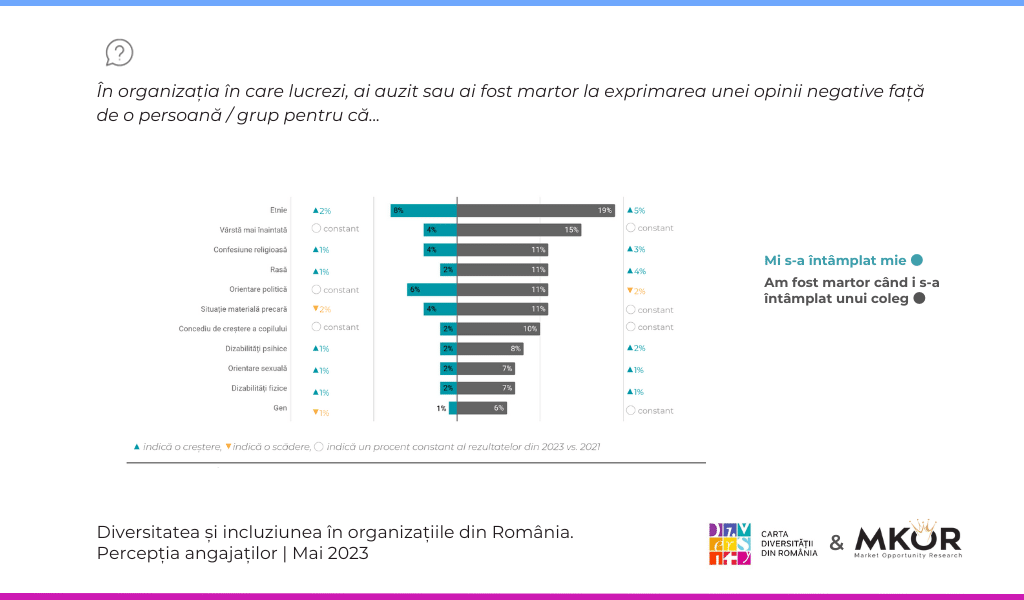
The majority of discrimination incidents were based on ethnicity: 8% of respondents (a 2% increase from 2021) reported being discriminated against due to their ethnicity, and 19% witnessed a colleague being discriminated against for the same reason.
Ethnic-based discrimination was most frequently reported by Millennials (aged 18-24) and individuals over 50, those identifying with a vulnerable or minority group, leadership roles, and employees within micro-enterprises.
Discrimination on the grounds of political orientation affected 6% of respondents, followed by discrimination due to advanced age, religious beliefs, and precarious socioeconomic status (4% felt discriminated against).
An interesting aspect highlighted by the study is that 2% of respondents experienced discrimination based on parental leave for child-rearing. Additionally, 10% observed discrimination against a colleague on these grounds.
In Romania, generally, women are entitled to child-rearing leave until the child is two years old, while men are entitled to 2 weeks of paternity leave.
Our study also revealed a tendency for greater discrimination against the Roma, individuals in precarious social situations, and those with disabilities. Thus, employees facing discrimination tend to avoid the workplace and prefer to maintain strictly professional relationships.

2. Equal Opportunities in Organizations for Women and Men
Overall, respondents believe that the organizations they work for provide equal opportunities starting from the recruitment phase through to the development and promotion stages. The only aspect where perceptions of gender differences are more common is remuneration. Compared to men, women feel a greater disparity in terms of salary and career opportunities.
Employees enjoy greater chances for development and advancement in micro-enterprises and the non-governmental, non-profit sector. Conversely, in the public sector, opportunities are perceived to be less than in the private sector, with the exception of salary, where employees believe that they are fairly compensated for their work, regardless of gender.
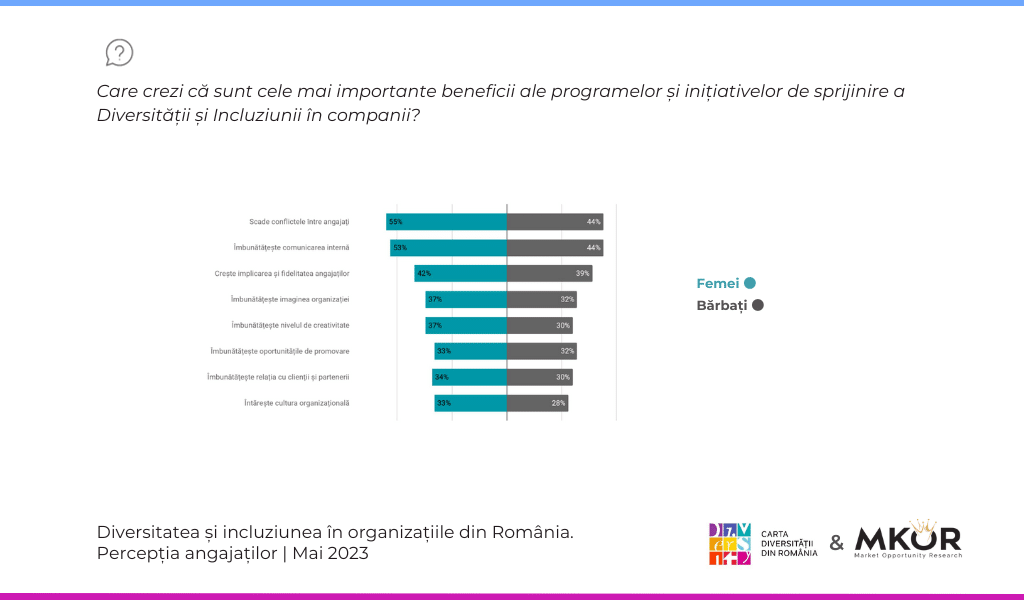
84% of employees recognize the benefits of programs and initiatives promoting diversity and inclusion in the workplace, particularly among the youth (under 40), women, leadership roles, and those identifying as part of a vulnerable or minority group.
The majority of employees believe that respecting and accepting different characteristics that make each person unique has a positive influence on work relationships and leads to reduced conflict among employees and improved internal communication.
3. Organizational Practices Regarding Diversity and Inclusion
The MKOR study has revealed that large companies tend to have a much more significant focus on diversity and inclusion practices (7-9 actions). Between 20% to 27% of respondents reported that in their organizations, there are no practices regarding diversity and inclusion, with the exception of those in the non-governmental sector.
The most common diversity and inclusion practices remain, however, communication about diversity and inclusion objectives, and the concern to ensure a diverse workforce. In practice, organizations transmit the objectives related to diversity and inclusion to employees, but they do not provide specific information about how these points are implemented or the necessary materials to inform or check compliance.
Training on specific diversity and inclusion topics is maintained at a stable level, and in contrast, preparation of personnel from diverse groups to become mentors is a practice initiated in 6 out of 10 cases.
Yet, it is noted that about 34% of employees are not aware of the focus of policies and practices on diversity and inclusion within organizations, outpacing those of Generation X (45-55 years old). Employees in micro-enterprises and public institutions are less likely to observe such practices. Strategic directors primarily aim to include diversity in their overall strategies, stressing the importance of integrating individuals with disabilities or from other disadvantaged categories. Since 2021 there has been an increased interest in integrating immigrants (+4%).
Full Access: Download the report "Diversity and Inclusion in Romanian Organizations in 2023 - Employee Perspective" – and discover the study's results for free.
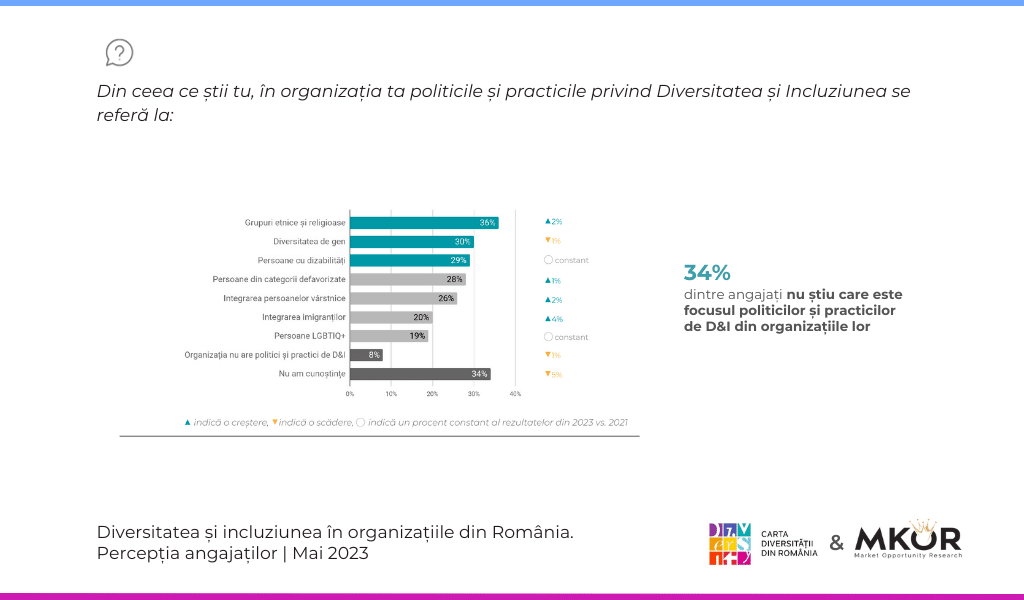
As of 2021, 4 out of 10 employees are not sure who is responsible for managing diversity and inclusion within the company. According to employees’ perception, diversity and inclusion initiatives are primarily managed by the HR Manager or the CEO. Only 6% of cases have a dedicated manager for diversity and inclusion programs, a decline from 2021 by 2%.
In Romanian organizations, the main practices regarding diversity and inclusion are:
- Access to information about optimizing relationships (25% of respondents);
- Workshops on personal life and career balance (17%);
- Appointment of a person responsible for harassment issues (17%).
Training programs have covered topics related to:
- Legal regulations regarding non-discrimination, diversity, and inclusion;
- Acceptance of differences in the workplace;
- Management of cultural differences and diversity of employees;
- Development of “competence” in empathy, self-appreciation, and reflection;
- Thinking stereotypes of employees and managers;
- Identification of the needs of diverse employees and valuing these;
- Application of inclusive behaviors in activities and responsibilities acquired;
- Management of diversity of opinions.
Full Access: Download the report "Diversity and Inclusion in Romanian Organizations in 2023 - Employee Perspective" – and discover the study's results for free.
Nevertheless, 77% of those who replied to the MKOR study stated they had not participated in diversity and inclusion training.
Thus, discussions about diversity and inclusion in Romanian organizations are still in their early stages, and practices that ensure diversity and inclusion are only superficially implemented.
It is vital to remember that the diversity of a team means diversity of thought, and valuing each employee’s uniqueness is essential for business development because it encourages creativity and a variety of ideas.
Recommendation from the Diversity Charter of Romania
The research report ‘Diversity and Inclusion in Organizations in Romania – an employee’s perspective’ continues the successful collaboration with MKOR Consulting, concluding the second report of the Diversity Charter in Romania that investigates the employees’ perspective. Our goal is to make organizational culture more inclusive, where policies and D&I programs are accessible, understood, and integrated by the real beneficiaries of these programs – the employees. We tried to find out from this perception if the employees are aware of the diversity policies and programs, if they feel involved in concrete actions and if they recognize the benefits of diversity in the workplace. Likewise, we studied the barriers perceived in the involvement processes of recruitment, retention, and career advancement towards active diversity.
We want to express sincere thanks to the MKOR team for their enthusiasm and support in making this new edition of the study!
Dana Oancea, Co-founder and Project Manager of the Diversity Charter in Romania
Methodological Aspects of the Study
The MKOR study was conducted on a representative sample of 778 individuals with a margin of error of +/-3.5%. The main objective was to analyze employees’ perceptions of the efforts made by organizations to ensure diversity and inclusion (how they feel within these organizations, how they define diversity and inclusion, whether they know the practices or have faced discriminatory situations).
Socio-demographically, 51% of respondents were women, and the majority came from urban areas with medium and higher education levels. Those who responded to our study were aged between 18-54 years, with the majority in the 40-54 age bracket (47%). 16% of the individuals who took part in the study declared that they fell into the category of vulnerable people.
From an organizational perspective, the study encompassed managers (10%), executive staff (83%), and entrepreneurs (3%). 44% of respondents were from small and medium enterprises, 43% from large companies, and 13% from micro-enterprises.
Contact us for your project
Do you want to monitor employee satisfaction, needs, and expectations in your organization? We can help you obtain relevant data on employees’ perceptions of organizational culture and the employer’s brand with studies for evaluating employee satisfaction.
Through our employee satisfaction studies, we analyze the experiences within the team, levels of satisfaction, and loyalty. Based on the results of the study, we can develop strategies for promoting a stronger and healthier organizational culture. We can also conduct benchmarking studies on diversity and inclusion within organizations.
A section on Diversity and Inclusion helps you understand how you can increase team satisfaction, providing an inclusive work environment and fostering an organizational culture free of conflict, based on communication and involvement.
At MKOR, we know how important it is to have reliable data that you can count on to achieve your goals, grow and scale your business, and have motivated, loyal, and happy employees. Our team of MKOR consultants ensures that we will choose the right methodology for your research project, and the results you will receive in the end will meet your expectations.
We invite you to contact us; we are at your disposal to discuss further.
Stay Connected with MKOR
We are up-to-date with the most important trends in marketing, technology, and business. We constantly conduct our own studies to analyze the state of affairs and trends in various industries. And we offer free access to a large number of reports made in-house for anyone who wishes to access them.
We passionately conduct for our clients:
- Consumer studies, including analysis of consumption habits, consumer profiling, evaluation of consumer experience, and testing of branding concepts;
- Opportunity studies, including analysis of size and market potential, business idea evaluation, product testing, and innovation and forecasting studies;
- Marketing strategies, including market analysis, competitor analysis, brand awareness studies, and the creation and analysis of sales funnels.
We are pleased to know that we can contribute through these types of analysis to the development of the business environment in Romania.
Subscribe to the MKOR newsletter if you want to stay informed about the latest trends in the market.
And if you want to get to know us better, explore our Portfolio and contact us for your next project!
Have you read everything? Comment / join our newsletter / read our other research posts!
Urban Millennial Moms Are the Face of the Ethical Consumer Profile in Romania
April 19, 2024
0 Comments16 Minutes
Employee Sentiment Study: What Plans and Expectations Do Employees Have in 2024?
April 8, 2024
0 Comments16 Minutes
Market Report: Diversity and Inclusion in Romanian Organizations 2020
July 14, 2020
0 Comments14 Minutes
